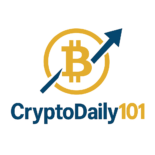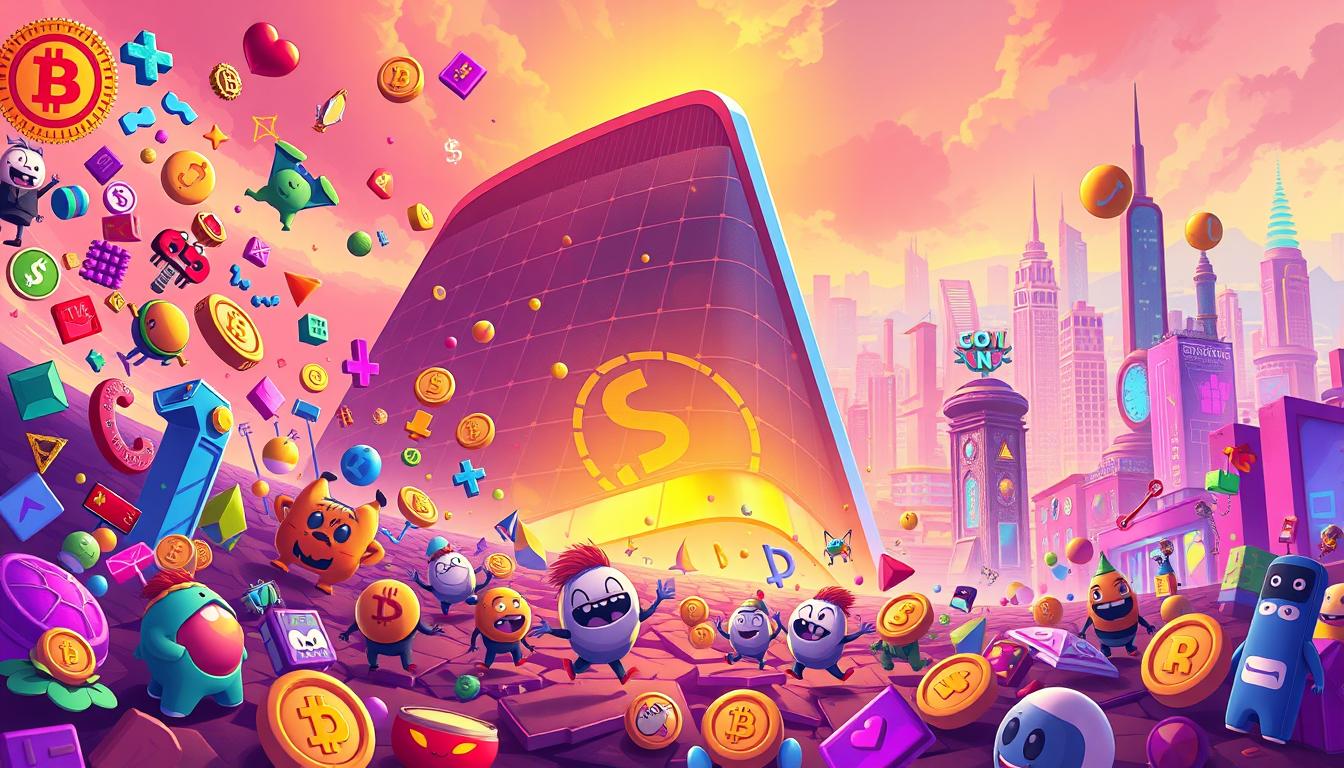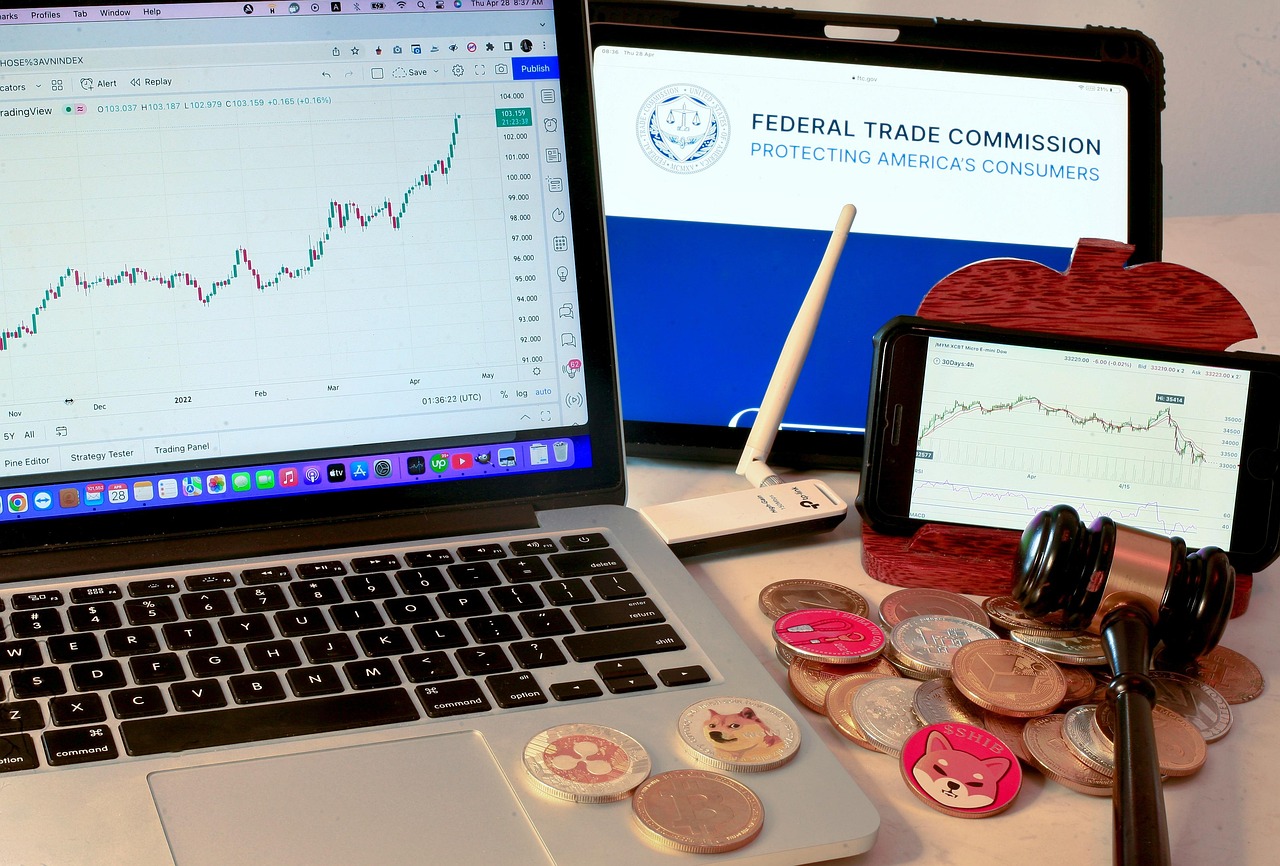NFTs have changed how we see digital ownership. From art and music to collectibles and gaming assets, non-fungible tokens (NFTs) are now a key part of the digital economy. But before you can buy, sell, or trade NFTs, you’ll need access to a reliable NFT marketplace — the digital hub where all NFT transactions happen.
An NFT marketplace is like an online store for digital assets. Here, you can browse collections, trade tokens, or even mint your own NFTs.
In this guide, you’ll learn:
- What an NFT marketplace is and how it works
- The top beginner-friendly NFT platforms in 2025
- How to start trading NFTs safely
- Key tips to avoid scams and make smarter trades
Whether you’re a collector, artist, or investor, this article will help you find the best NFT marketplace to start your journey confidently.
What Is an NFT Marketplace?
An NFT marketplace is an online platform where users can buy, sell, or create NFTs. These tokens represent unique items recorded on a blockchain, ensuring authenticity and ownership.
When you purchase an NFT, you’re not buying a file — you’re buying a digital certificate of ownership tied to that asset.
How NFT Marketplaces Work
- Minting: Turning digital files (art, videos, collectibles) into NFTs stored on the blockchain.
- Listing: Creators post NFTs for sale, setting a fixed price or running auctions.
- Buying/Selling: Users connect their crypto wallets, make purchases, and store their NFTs securely.
The Role of Blockchain
NFT marketplaces run on blockchains like:
- Ethereum (ETH): The most popular network for NFTs.
- Solana (SOL): Known for low fees and fast transactions.
- Polygon (MATIC): A cheaper, scalable option compatible with Ethereum.
Each blockchain stores NFT ownership data, ensuring transparency and security.
Where to buy NFTs
There are many online markets where you can buy NFTs that bring together creators and collectors. To begin, you need a cryptocurrency app, such as MetaMask or Coinbase app, and some cryptocurrency, usually Ethereum or Solana, to pay for the NFT and any fees that come with it. OpenSea, Rarible, and Magic Eden are all well-known platforms that are easy for beginners to use. They have a lot of digital art, collectibles, and gaming things. For extra convenience, some marketplaces, such as Nifty Gateway and Coinbase NFT, let you pay with a credit card.
If you want to buy an NFT, you need to connect your wallet to the marketplace, look through the listings, and confirm your purchase or bid, making sure to allow for network fees. Beginners can easily start collecting NFTs while minimizing risk by using a site that people know and trust and managing their wallets safely.
NFT Marketplace Functionality
It is possible to buy, sell, and swap non-fungible tokens (NFTs) on an NFT marketplace. These markets bring together artists, fans, and investors, and they offer a safe place to do business. A digital certificate of ownership for each listed NFT is kept on a blockchain, and the marketplace checks this certificate every time an NFT is sold. Marketplaces usually let users look through collections, bid on items in sales, or buy items at set prices.
They also show useful information like who owns an item, how rare it is, and how much it’s going for. A lot of sites also let creators mint new NFTs, which means they can upload digital art, music, or other digital assets and turn them into tokens that can be bought. Wallet integration, search filters, transaction records, and community tools are some of the other features that are often included to make trading NFTs easier and more clear.
Key Features to Look for in an NFT Marketplace
If you’re a beginner, not every marketplace will be the right fit. Here’s what to check before choosing one:
- Base of Use: Simple interface, easy navigation, and clear wallet connection process.
- Supported Blockchains: Check if it supports your preferred network (Ethereum, Solana, Polygon).
- Low Fees: Compare gas and transaction fees — some platforms charge up to 2.5% per sale.
- Security: Look for marketplaces that verify collections and use wallet authentication.
- Community Support: Platforms with active creators and responsive support help you grow faster.
- Wallet Compatibility: Ensure your wallet (like MetaMask, Phantom, or Trust Wallet) is supported.
Best NFT Marketplaces for Beginners (2025)
Let’s explore the top platforms where you can confidently trade NFTs as a beginner.
1. OpenSea
Best for: All-around use and diverse collections
OpenSea is the world’s largest and most popular NFT marketplace, supporting millions of collections across Ethereum, Polygon, and Solana. It’s beginner-friendly and offers detailed analytics and filtering options.
Pros:
- Huge variety of NFTs
- Supports multiple blockchains
- Easy wallet connection
Cons:
- Gas fees on Ethereum can be high
2. Magic Eden
Best for: Solana and Polygon NFTs
Originally built for Solana, Magic Eden has expanded to multiple networks, including Ethereum and Polygon. Its clean design and affordable fees make it perfect for new traders.
Pros:
- Low gas fees
- Great for Solana-based projects
- Active NFT community
Cons:
- Smaller variety than OpenSea
3. Rarible
Best for: Beginners who want to create and sell NFTs
Rarible focuses on community governance. Users can earn $RARI tokens for trading and participate in platform decisions.
Pros:
- Simple minting tools
- No coding needed
- Supports Ethereum, Flow, and Tezos
Cons:
- Smaller volume than OpenSea
4. Binance NFT
Best for: Users who already trade on Binance
Binance NFT is linked to the popular Binance exchange, allowing seamless wallet integration and fiat-to-crypto transactions.
Pros:
- Trusted global brand
- Accepts credit/debit cards
- Great for beginners
Cons:
- Limited to Binance Smart Chain NFTs
5. Blur
Best for: NFT traders and flippers
Blur offers advanced analytics, real-time pricing, and portfolio management tools. While designed for professionals, its interface is intuitive for new users too.
Pros:
- Fast NFT aggregation
- Detailed market analytics
- Reward system for active traders
Cons:
- Requires Ethereum gas fees
6. Objkt
Best for: Tezos blockchain enthusiasts
Objkt is the go-to marketplace for Tezos NFTs, offering eco-friendly minting and affordable gas fees.
Pros:
- Low-cost minting
- Sustainable blockchain
- Clean UI
Cons:
- Smaller market compared to Ethereum-based sites
7. Coinbase NFT
Best for: Crypto beginners
Coinbase NFT is perfect for first-time NFT buyers, especially those already using Coinbase exchange. Its simple design helps users explore NFTs without technical confusion.
Pros:
- Seamless Coinbase integration
- Clean interface
- Secure and trusted brand
Cons:
- Smaller collection base
How to Start Trading NFTs as a Beginner
Follow these simple steps to get started:
- Set Up a Crypto Wallet – Download MetaMask, Phantom, or Trust Wallet.
- Add Funds – Buy ETH, SOL, or MATIC through an exchange or wallet app.
- Connect to an NFT Marketplace – Log in to OpenSea, Magic Eden, or Rarible.
- Explore Collections – Filter by price, blockchain, or trending categories.
- Buy or Mint NFTs – Choose your NFT, confirm the transaction, and pay gas fees.
- Track Your Assets – Use wallet apps or portfolio trackers to view your NFTs.
Fees, Risks, and Security Tips
Trading NFTs isn’t risk-free, but you can protect yourself by understanding the costs and threats.
Fees
- Gas Fees: Paid for processing transactions on blockchain (varies by network).
- Marketplace Fees: Usually 1–2.5% per trade.
- Creator Royalties: Some artists charge a small percentage on resales.
Security Tips
- Only use verified marketplaces and official wallet apps.
- Double-check links before connecting your wallet.
- Never share your private keys or seed phrase.
- Avoid free NFT airdrops or unknown projects.
Common Mistakes Beginners Make
- Buying NFTs without checking authenticity
- Clicking fake airdrop or giveaway links
- Forgetting wallet backup phrases
- Ignoring gas fee variations
- Overpaying for hype-driven collections
Avoiding these common pitfalls will save you time, money, and stress.
Tips for Success in NFT Trading
- Start small — practice with low-cost NFTs first.
- Research collections and artists before buying.
- Join NFT communities (Discord, Twitter) for insights.
- Use NFT analytics tools like Nansen or DappRadar.
- Backup your wallet and recovery phrase offline.
Conclusion
To sum up, picking the best NFT marketplace for beginners is important for a safe and easy start to NFT trade. Platforms like OpenSea, Magic Eden, and Rarible are great for first-time traders because they are easy to use, have strong community support, and don’t have many hurdles to entry. Beginners can safely explore the NFT space, find hopeful projects, and slowly build a diverse digital collection while minimizing risk if they choose a trustworthy marketplace, do thorough research, and trade safely.
Frequently Asked Questions (FAQs)
1. What is the easiest NFT marketplace for beginners?
OpenSea and Magic Eden are the most beginner-friendly options.
2. Do I need crypto to start trading NFTs?
Yes, you’ll need cryptocurrency (like ETH or SOL) in your wallet to make purchases.
3. Are NFT marketplaces safe?
Yes, as long as you use verified platforms and secure your wallet.
4. Can I trade NFTs without gas fees?
Some platforms like Polygon or Tezos offer low or zero gas fees.
5. What wallets work best for NFT marketplaces?
MetaMask (Ethereum), Phantom (Solana), and Temple Wallet (Tezos).
6. How can I check if an NFT is real?
Look for verification badges and confirm the creator’s wallet address.
7. Can I sell my own NFTs as a beginner?
Yes, most marketplaces allow simple minting tools for first-time creators.
8. What are the best blockchains for NFT trading?
Ethereum, Solana, Polygon, and Tezos are leading networks.
9. How much money do I need to start trading NFTs?
You can start with as little as $10–$50, depending on the marketplace.
10. Are NFTs still profitable in 2025?
Yes, if you focus on quality projects and avoid hype-driven collections.
Disclaimer
This article is for informational purposes only and does not constitute financial advice. The NFT market is volatile, and values can fluctuate. Always research before investing and consult a licensed financial advisor when necessary.




真免费!价值万元资源,不要一分钱,网址:https://www.53278.xyz/